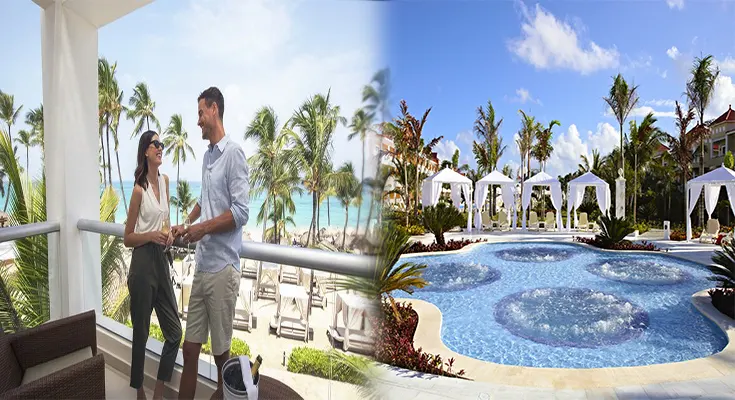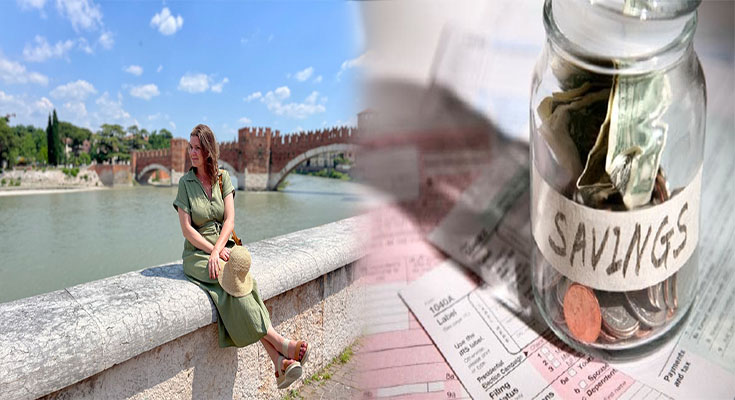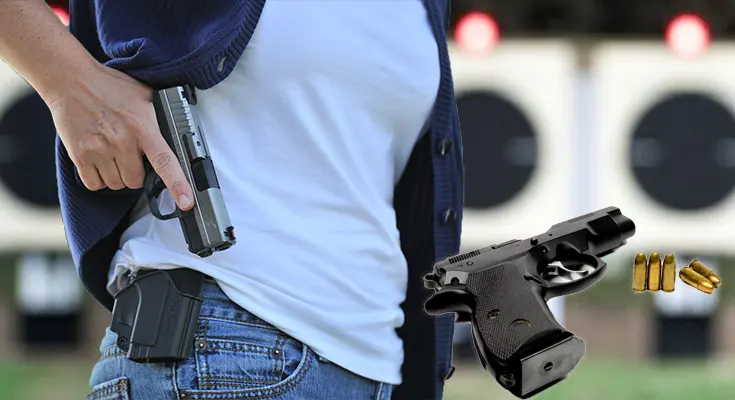
Last-Minute All-Inclusive Travel Deals to Adults-Only Resorts in Punta Cana: Embrace Luxury and Relaxation
Have you been yearning for a spontaneous, luxurious escape to a tropical paradise? Look no further than Punta Cana, the stunning resort town in the Dominican Republic known for its pristine beaches, turquoise waters, and unrivaled hospitality. Combine the allure of Punta Cana with the convenience of last-minute, all-inclusive travel deals to adults-only resorts, and you have the perfect recipe for a rejuvenating getaway. Let’s dive into the enticing world of last-minute all-inclusive travel deals to adults-only resorts in Punta Cana and discover the epitome of relaxation and indulgence.
Unraveling the Allure of Punta Cana
Located on the eastern coast of the Dominican Republic, Punta Cana is a beacon of tropical splendor and tranquility. Its expansive powdery beaches, swaying palm trees, and crystal-clear waters make it an idyllic setting for those seeking refuge from the hustle and bustle of daily life. Whether it’s unwinding by the pool with a refreshing …
Last-Minute All-Inclusive Travel Deals to Adults-Only Resorts in Punta Cana: Embrace Luxury and Relaxation Read More




